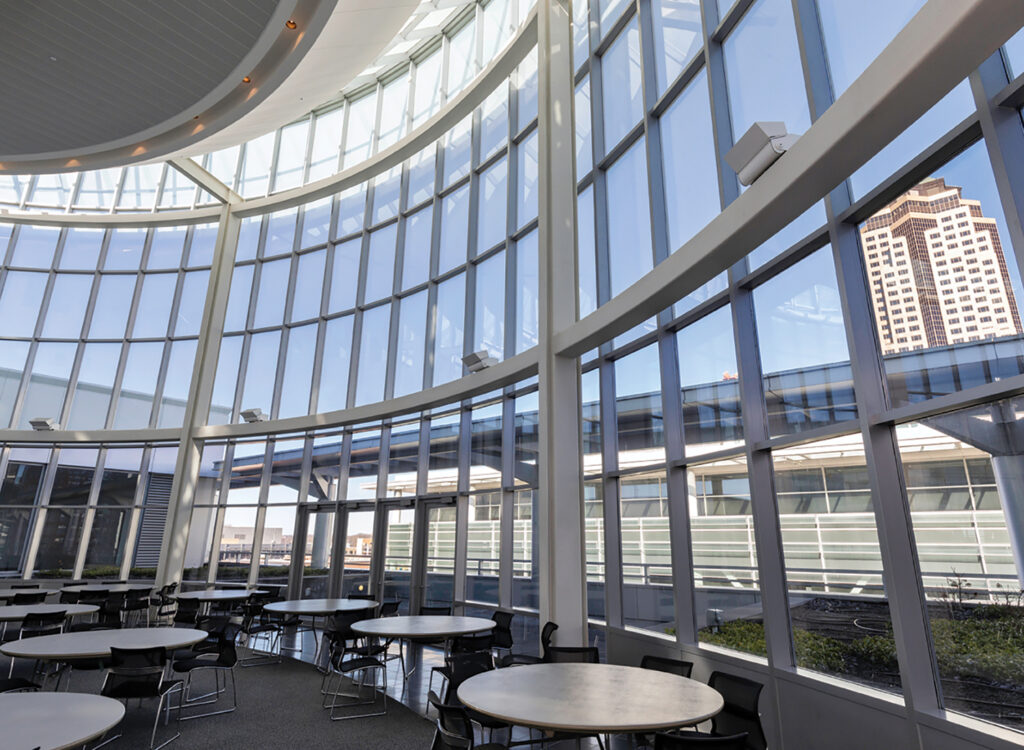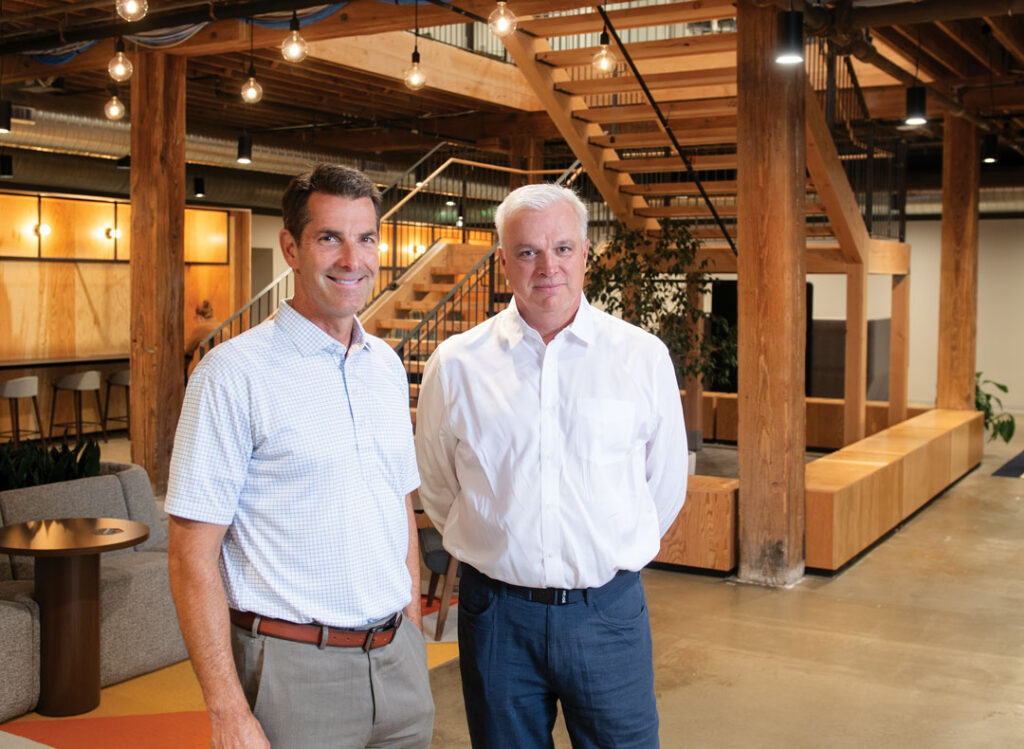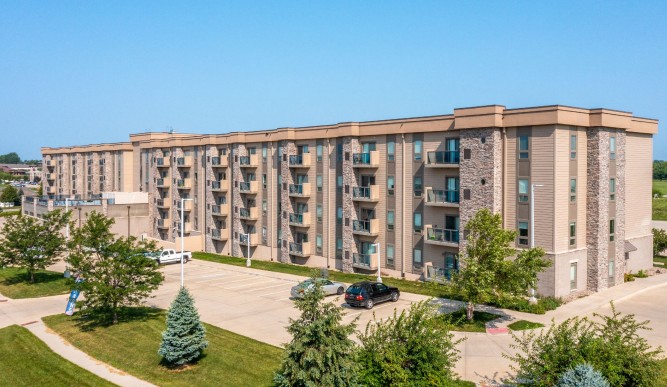Commercial property tax redux

The split political personality that has stymied reform of Iowa’s commercial property taxes will continue in the Iowa Legislature after voters returned a Republican majority to the Iowa House and a Democrat majority to the Senate. Still, efforts to change the system will be top of mind.
Sen. Jack Hatch, the Des Moines Democrat who along with a cohort from Cedar Rapids cast the votes that killed reform efforts in their chamber during last year’s legislative session, said he is ready to return with a new proposal. Gov. Terry Branstad is ready to press ahead with his efforts to lower the tax to improve the state’s economic development climate, a spokesman said.
Hatch is not ready to discuss the proposal in detail, but his concept is to draft a plan that would benefit small businesses and protect property tax revenues that flow to local governments. The plan would calculate property tax reductions based on “an overall set of incentives” that would spur development.
“I think I’ve got a twist here that no one else has. We’re going to look at providing property tax reduction based on what Iowa wants to value in its manufacturing and business growth areas,” Hatch said.
The plan also would help replenish, at least in part, city coffers that would take a revenue hit from a reduction in the commercial property tax.
Real estate professional and Waukee City Councilman Dan Dutcher said he would like to see a break for commercial properties, but he is concerned about the impact on municipal budgets.
“Any tax relief we can get on the commercial side would be welcome, it certainly would make us more competitive with other states. I know we are a lot more onerous related to commercial property than other states,” said Dutcher, who is senior vice president at Terrus Real Estate Group LLC.
Dutcher has been on the Waukee council for three years. He is a former planning and zoning commissioner and his 30 years in commercial real estate have given him some perspective on the commercial property tax debate.
Waukee relies heavily on residential property taxes. However, the city is poised for a boom in commercial development with once Alice’s Road gets an interchange at Interstate 80.
“The cities’ most profitable end of revenues comes from commercial property taxes,” Dutcher said. “We’re trying to grow the commercial tax base. It puts little strain on the expense side, so commercial revenues drop right to the bottom line.”
For now, a reduction in commercial property tax revenues would have little impact on Waukee, he said, but it would affect cities such as West Des Moines, which has a large commercial tax base.









